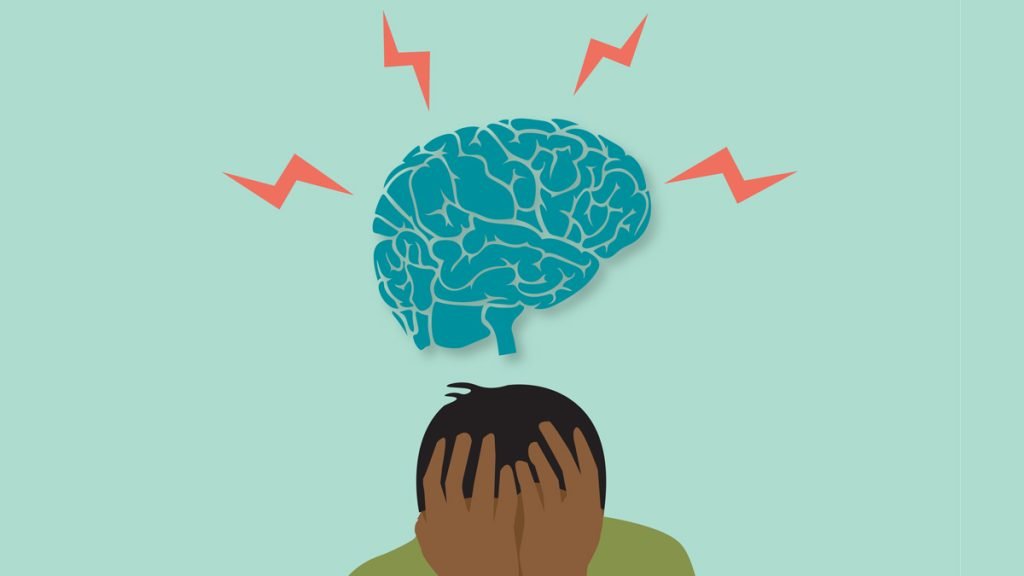Writer: Syed Ali Bukhari
Who is responsible for the destruction of the young generation? There is an urgent need to highlight the harmful effects of drugs in the curriculum, the speakers addressed the meeting. The growing trend of drug addiction and psychological problems in our society is not without any serious danger, drugs are a scourge that starts with the illusion of peace and ends with the destruction of life. Institutions have to act urgently for drug treatment and prevention, the danger is that the scourge of drugs is emerging as a fashion in educational institutions and the upper class with far-reaching consequences. Looks outstanding.
According to an estimate, today 10 million victims are using drugs under new names, these addicts and the central and provincial governments do not see anything called the budget allocated for them, which is a tragedy. Central and provincial governments should pay full attention to it like dengue. According to the latest information, the majority of people suffering from addiction are between 25 and 31 years of age, while the second largest group is between 15 and 24 years of age. The most commonly used drug in Pakistan is marijuana. 80% of drug users are men and 20% are women.
More than 350 tons of Afghan drugs are used in Pakistan. According to a record of the government of Pakistan, 66.22 percent of drug addicts were between 20 and 29 years of age who were convicted of various crimes. 18.92 percent of drug addicts were between 15 and 19 years of age who committed crimes. The sad thing is that despite all these facts, the governments of Pakistan could not formulate any effective policy in this regard, if the government and the institutions as well as the people themselves did not stand up against it and accept it as their own. If we don’t kill from inside and around, then there will be no need for a global war or deadly nuclear weapons to destroy mankind, the most important role to save the young generation is the parents and teachers, followed by the scholars.
It is the religion and then the media, that strict action should be taken against the elements that supply narcotics and the harmful effects of drugs should be highlighted in the curriculum. There is a need for the government and institutions as well as the country’s intellectuals, teachers, writers and all those who have sympathy with mankind to realize the seriousness of the situation and move forward to stop drug use in their respective spheres and spheres of influence. Do all possible efforts with body, mind, and soul to kill this monster. In recent days, the meeting of Shura Hamdard was held in Hamdard Center Lahore on the topic of “Increasing trend of drugs and psychological problems and effects on society”.
Among the speakers were Justice (Rtd) Nasira Iqbal, Absar Abdul Ali, Dr Sameeha Raheel Qazi, Medical Superintendent Fountain House Lahore Dr Syed Imran Murtaza, Consultant Anti-Drug Narco-Tux Campaign Syed Zulfiqar Hussain, General (Rtd) Rahat Latif, and Brigadier (Rtd) Muhammad Saleem. Dr. Azmatur Rahman, Major (Rtd) Siddiq Rehan, Major (Rtd) Khalid Nasr, Prof. Khalid Mahmood Atta Shoaib Mirza, Prof. Naseer A Chaudhry, Tariq Chaghatai, Tufail Akhtar, Ayesha Imran, Nadeem Shahzad Ali and others participated.
Consultant Anti-Drug Narcotics Campaigner Syed Zulfikar Hussain said that so far more than 60,000 students in 635 educational institutions have conducted awareness and awareness campaigns and many famous colleges and universities have been declared drug-free, today there are also upper class girls. , are using cocaine and shisha indiscriminately while irresponsible teachers tell them the benefits of drugs that they do not sleep for 44 hours and can prepare papers well, they said that we have shisha. Started a campaign against it and made a law against it and presented a bill against it in the Punjab Assembly, ultimately proving shisha as a dangerous drug in the entire country.
Medical Superintendent Fountain House Lahore Dr. Syed Imran Murtaza said that the scourge of addiction is the biggest problem of Pakistan. One crore people are addicted to drugs, according to previous statistics, 8 crore people out of 22 crores are drug addicts. He said that to prevent the scourge of addiction, the responsibility is first imposed on the head of the house. An environment should be created while respecting the elders and spending time with them. The main reason for the above mentioned problems is that the family system is affected. If you give and adopt the habit of respect, reverence, love and forgiveness for every big and small, then numerous mental diseases will disappear automatically.
The role of the mother in the society is getting less and less, due to which the distortion is being created. One of the reasons is this, he added that the real capital of any nation is the youth who are fit both physically and mentally. Justice (retd) Nasira Iqbal said that currently 25 million children are walking on the streets, while people are ready to sell their daughters due to poverty, every person in the country is in debt of about two hundred thousand, basic facilities are not available to the society. So how our society will not suffer from mental and addiction diseases.
He further said that the growing population of the country is also giving rise to the above mentioned problems. Deputy Speaker Shura Hamdard Lahore Hon’ble Absar Abdul Ali concluded the discussion and said that the great blessing of health should be appreciated, among the burning problems that our society is facing, the promotion of drugs among the youth and the new generation is an important problem. It is a plague that has not only forced millions of people to live in poverty, but has also put thousands of young people to eternal sleep. Be influential.
The media, teachers, parents, scholars and philanthropists are requested to play their role in the eradication of drugs and its eradication. Can be implemented and the future of Pakistan can be secured by getting rid of the scourge of addiction.

